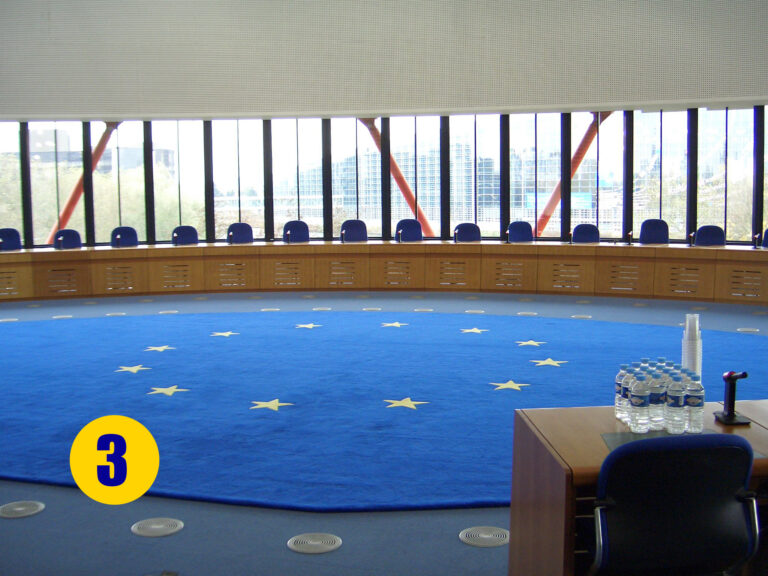Limited Rights
“It was odd, however,
how often one man’s Inalienable Right,
was another’s Intolerable Agony.”
The vast majority of the articles that make up the European Convention are laudable in every respect. Those regarding freedom of expression and discrimination have given rise to significant tensions in recent years, but this might simply mean they are working. Let me repeat that my problem is with the concept of human rights, not the articles themselves.
The problem with rights-based justice is that for one person to have rights everyone must have them. And when everyone has rights there will be conflicts. Which is why there needs to a court to decide whose right triumphs over others. Courts presuppose lawyers. Lawyers cost money. So the rights of the rich and powerful will inevitably win.
In a society where laws rule, the human tendency to push the boundaries to suit them soon becomes the norm. Just like the owner of the bar opposite my house did the other night when she played ‘one last song’ at top volume as her clients were leaving at 11:30pm. She was quick to bring out her laminated copy of the licensing regulations, but it didn’t occur to her to apologise for waking me up.
“The man didn’t seem to care
that everyone around him was disenchanted with dogs,
or that after a while people never spoke to him.”
When I know my rights, I may become less concerned to find out what the preferences of people who live around me are. If I no longer care, Is this the kind of society I want to live in?
“and soon everything in the garden was lovely,
except in patches.”
My father’s poem, and my limited reflections on it, illustrate the limits of the human rights approach to ordering society. The historian Meic Pearse points out that the abstract nature of human rights makes them a shaky foundation upon which to build a truly caring society:
“Moral discourse under the tutelage of human rights has seen the most abundant profusion of passive verbs since all schoolboys were required to learn second-form Latin. We wish, not for people to give to the poor, but for ‘financial support to be supplied’; not for individuals to care, but for ‘care to be given’; not for people to provide for the needy, but for ‘provision to be made’.
Support without supporters, care without carers, provision without providers. To relapse into normal, active verbs would be to highlight the obvious: the moral action requires moral actors – and so to revert to personal obligations. To avoid this uncomfortable reality, public discourse through the Babel of the media adopts a curious duck-speak on moral questions, as if it is all a matter of better ‘systems’ and bureaucracy without any of us having to accept that we have duties. Only people such as we who have forgotten the real meaning of moral – or immoral – actions can speak of ‘provision of care’ (say for the sick or elderly), thereby depersonalising the second most personal verb (after ‘love’ of course, which has already been hijacked by sex) in the language in our desperate effort to bureaucratise it and so evade the force of personal obligations.”*1
Christian communities, however, can be different because we get to decide what values form the culture we want to create. The religious authorities of Jesus’ day had begun to order Jewish society around human sets of rules based upon their interpretations of rules found in the Torah. Jesus revealed the barrenness of a system of religious laws that existed simply to define right and wrong behaviour, justifying one group over another.*2 Paul went several steps further when he discerned the counterproductive nature of all rules and promoted the joy of living by the Spirit.*3
We too can do better.
*1 Meic Pearse – Why the Rest Hates the West. Chapter 3.
*2 See my series Saved from Sin or Set Free to Live? which begins here
*3 Romans 8; Ephesians 2:1-10; Galatians 5.


